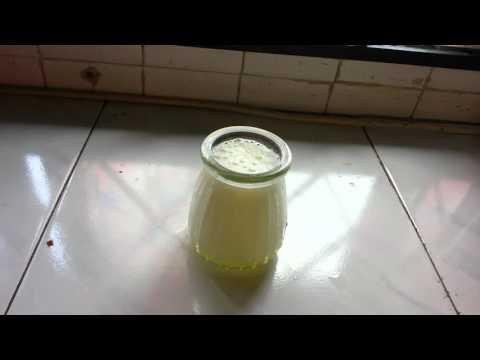Is the bleach pregnancy test safe?
Scientists have not studied the health risks of the bleach pregnancy test, so its safety is unclear. There are several potential risks:
Bleach is a corrosive chemical that can be harmful to humans. It can cause illness or injury if someone:
If someone inhales the fumes while trying a bleach pregnancy test, they may experience eye or lung irritation.If this happens, leave the area and get some fresh air. If breathing becomes difficult, call 911 or contact a poison control center.

If bleach splashes onto the skin, it can cause corrosion. Remove any clothes that have bleach on them and rinse the skin thoroughly for 15–20 minutes.
Bleach is particularly dangerous if it comes into contact with the eyes. If this happens, remove any contact lenses, hold the eye open, and gently rinse it with water for 15–20 minutes. Contact emergency services.
To avoid bleach exposure, it is important to:
When bleach mixes with other chemicals, such as ammonia, it releases chlorine gas into the air. Chlorine gas is dangerous and can cause:
At sufficient levels, exposure to chlorine gas can be fatal.
Urine contains ammonia, so there is a chance that someone mixing urine and bleach will be exposed to chlorine.As a result, authorities such as the Washington State Department of Health recommend exercising caution when using bleach to clean areas that may have urine on them, such as toilet bowls.
The bleach pregnancy test does not give accurate results. A person who takes it might, for example, believe that they are not pregnant when they really are — and this could influence their behavior in dangerous ways.
For example, the person with the negative test result might continue drinking alcohol, without being aware they are pregnant. This could have detrimental effects on the health of the fetus.









